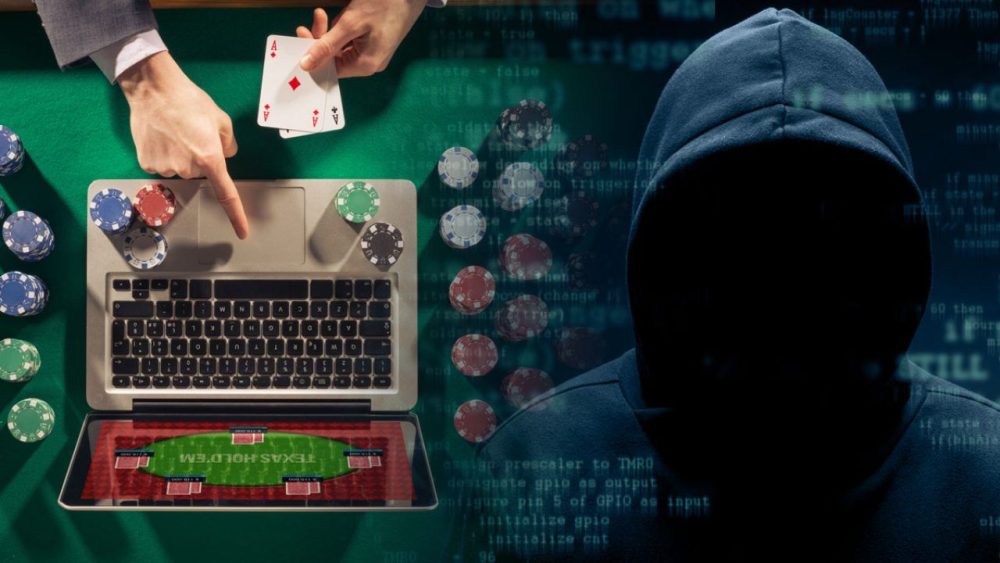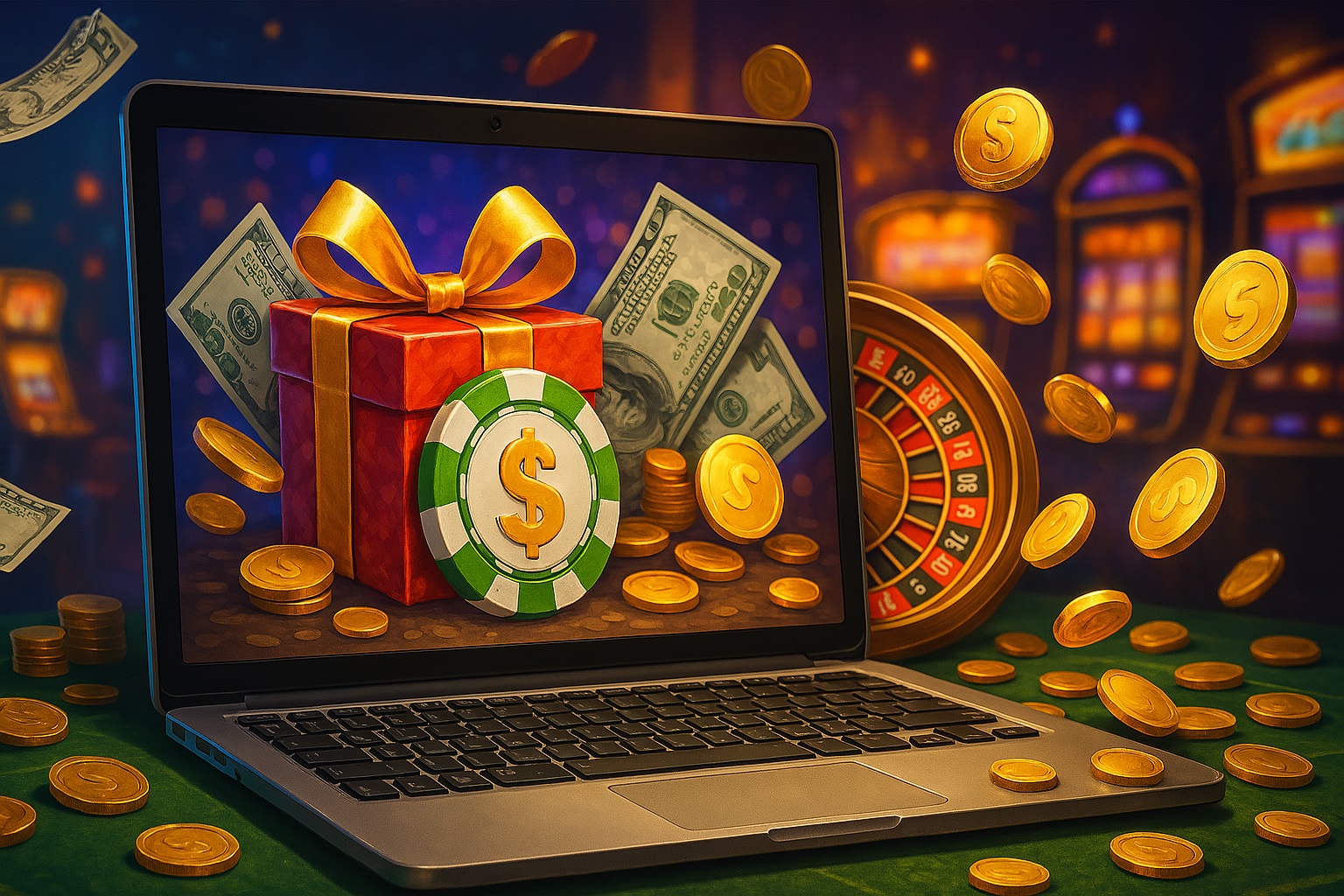Any market where millions are at stake sooner or later needs protection. Gambling is no exception. What is a blacklist of casinos? Not just a table with names. It’s a strict filter that weeds out those who turn the game into a tool of deception. When a player sees a beautiful interface and the promise of “lightning-fast payouts,” they don’t think that the “Withdraw” button could turn out to be a fiction. Such cases become the beginning of investigations, complaints, and entries into the blacklist.
Platforms without licenses, with fake software, with fake bonuses create reputational pits. Protection against them is provided by independent auditors and communities that compile consolidated lists of violators. Registries act as minefield maps—not to scare, but to warn.
How to identify fraudulent online casinos without special tools
A player doesn’t need complex algorithms to understand when they are facing a trap. It’s enough to be attentive. What is a blacklist of casinos—a catalog of those who have violated the basic principles of fair play. Signals are visible from the first minutes: the site aggressively offers bonuses, the interface is based on a template, registration is simplified to the absurd.
The signs speak louder than advertising promises. For example, a platform requires a deposit before verification, does not publish RTP, ignores support requests. Classic fraudulent schemes. In the 2025 lists, most of such sites are registered in offshore zones, and license numbers are not confirmed in registries. A player who can read the details saves themselves from wasting time and money.
Signs of dishonest operators: what real violations look like
An honest casino is based on three pillars—transparent rules, licenses, and payouts. When at least one of them collapses, a chain of problems begins. What is a blacklist of casinos becomes obvious when looking at real cases. In 2024, several major platforms lost their licenses after complaints about hidden fees and account blocks. Players posted screenshots showing: the bet was accepted, the winnings were credited, but the balance was reset.
Support referred to a “system error.” Investigation revealed manual balance adjustments and scripts blocking large payouts. After that, the licensing authority excluded the operator from the registry and added them to the blacklist. The stories vividly show the signs of dishonest casino operators: fake RTP, hidden withdrawal limits, bonuses with unattainable conditions, and deliberately complicated verification.
License as a mirror of trust: what is a casino blacklist
Without a license, any site remains just an image. To understand what a casino blacklist is, you need to understand how jurisdictions work. There are dozens of regulators in the market—from strict ones like the Malta Gaming Authority to lenient ones like Curacao eGaming. The difference lies in the level of control and transparency of checks.
A player can check the license themselves: the document number should lead to the official registry, where the date of issue, legal entity, and current status are indicated. If the certificate page does not open or redirects to a copy—it’s a scam. Such cases are recorded by audit centers, and a casino without a license is added to the blacklist with a “risk” label.
How to check a casino license before registration
Before making a deposit, it’s worth spending five minutes checking the license. It’s not a formality but a self-defense element. Just open the official registry—e.g., MGA, UKGC, or Curacao—and enter the number. Matching the company name and date of issue confirms legality. A mismatch in at least one parameter is a reason to be cautious.
Many newcomers search for what a casino blacklist is after losing money. In practice, it’s simpler: losses can be avoided by checking the registry entry, support phone number, and email domain in advance. Matching details build trust, their absence—risk.
When numbers lie: RTP as a deception tool
The Return to Player (RTP) reflects the percentage returned to the player. It should be stable and verified. But in illegal projects, the figure is often fake. What is a casino blacklist—not just a list of violators but also a result of detecting lies in statistics. Checking reveals that the actual RTP differs from the stated one by 10–15%. For example, instead of the promised 96%—only 83%. This means that each spin brings the platform additional profit through a hidden algorithm.
Why verification is not a formality
Many players get annoyed when a casino asks for a passport or utility bill. But verification is part of protection. Without it, scammers could create dozens of accounts, withdraw bonuses, and violate financial control.
It’s important for a player to understand that what a casino blacklist is directly related to document forgery. Sites that refuse to verify identities or, conversely, abuse this process disrupt the balance. The former allow money laundering, the latter block accounts under false pretenses. Reliable verification is transparent, with clear deadlines and secure data transmission.
What is a casino blacklist: deposit and withdrawal—a critical check of fairness
The most common reason for complaints is financial operations. A reliable operator accepts deposits through certified gateways and withdraws funds in the same way. What is a casino blacklist becomes evident when a platform asks to make an additional deposit “to activate the withdrawal.” In practice, such requests mean that the money is already lost. Regulated platforms are not allowed to block payments or withhold percentages. If the delay exceeds 48 hours without explanation—it’s a sign of possible fraud.
Software and providers: how to distinguish a fake
Software is the heart of a casino. If the software is licensed, each game undergoes certification and RNG testing. But in the shadow sector, cheap copies can operate under the guise of NetEnt or Microgaming slots. When a player asks what a casino blacklist is, specialists show examples: fake interface, altered odds, non-standard animation. Reliable providers do not cooperate with unlicensed operators and publish lists of partners on their websites. If a casino is present in such a list—it’s illegal.
Player reviews: a signal of problems
Sometimes one review reveals more than an official report. People share real cases—withdrawal delays, rule changes, account blocks. When dozens of comments match in description, it’s no longer a coincidence. Ratings of violators are formed based on such data. Those looking for what a casino blacklist is can start by analyzing reviews: quantity, content, frequency of complaints. Reliable platforms even respond to negative feedback, while scammers delete messages and ban authors.
Bonuses, wagering, and traps for newcomers
The most common bait is “generous bonuses with no conditions.” But behind the scenes, there’s a x50 wager and a ban on withdrawal until full wagering. Newcomers don’t read the fine print and then blame the casino. However, the fault lies with those who came up with unattainable rules. In 2025, auditors recorded a 40% increase in such cases. Due to bonus traps, many operators ended up on blacklists.
Phishing, scripts, and support as risk triggers
Fraudsters don’t always act openly. Sometimes they create fake sites that mimic interfaces of well-known brands. A player enters their login—and loses money. Such schemes are becoming more common. Support on these sites is formal: auto-replies, empty templates, no solutions. If support doesn’t provide specific answers—it’s a signal. Scripts that replace the interface and redirect users to phishing pages are the main reason projects end up on blacklists.
RNG—the last line of trust
The Random Number Generator determines the fairness of the game. Without a certified RNG, a casino turns into a lottery where the result is known in advance. What is a casino blacklist cannot be understood without this concept: most violators manipulate algorithms to control winnings. Verified platforms publish certificates from labs indicating algorithm versions and checksums. The absence of such data is a direct path to a ban.
Conclusion
The gaming market thrives on trust. When it collapses, the protection system kicks in. What is a casino blacklist—a signal to all market participants: transparency is more important than income. Players, providers, regulators—all participate in a system where reputation is more valuable than short-term profit. Every time a new scandal arises, the industry cleanses itself. And the more attentive players are, the fewer chances scammers have.
 en
en  ru
ru  de
de  ar
ar  es
es  hi
hi  fr
fr  nl
nl  it
it  pt
pt  el
el 



